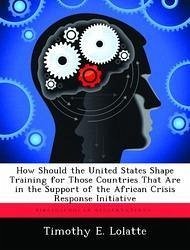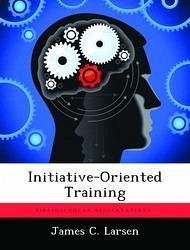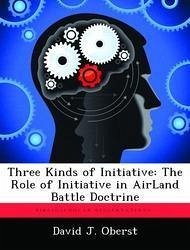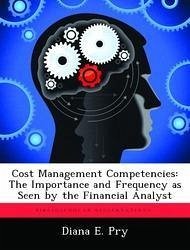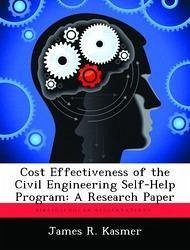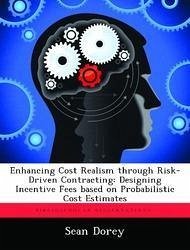Nicht lieferbar
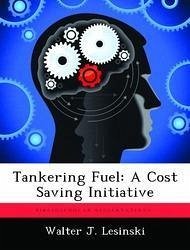
Tankering Fuel: A Cost Saving Initiative
Versandkostenfrei!
Nicht lieferbar
The practice of tankering for cost avoidance is an important technique used by commercial air carriers to reduce their operating costs. This paper identifies if it is important to consider tankering as a viable cost saving initiative within Air Mobility Command, the United States Air Force and the Department of Defense. It explores the history and theory of research done in the area as well as current practices, models, and flight programming software used in the commercial sector, specifically with Atlas Air, Continental Airlines, FedEx and UPS. It identifies the factors and guidelines that s...
The practice of tankering for cost avoidance is an important technique used by commercial air carriers to reduce their operating costs. This paper identifies if it is important to consider tankering as a viable cost saving initiative within Air Mobility Command, the United States Air Force and the Department of Defense. It explores the history and theory of research done in the area as well as current practices, models, and flight programming software used in the commercial sector, specifically with Atlas Air, Continental Airlines, FedEx and UPS. It identifies the factors and guidelines that should define an Air Mobility tankering program. A simple model demonstrates potential savings of up to $111 million a year through analysis of historical data of flights completed without tanking and compares it to the costs that could have been saved if tankering was used. The model also allows for AMC to determine if a planned flight should consider tankering, and if tankering is used, it estimates the total dollars saved in cost avoidance for that flight. The paper also identifies positive and negative factors the Air Force would need to address if it implements such a program. The final section identifies factors AMC should consider in any tankering implementation program focusing on overall safety and training while maximizing potential savings.





